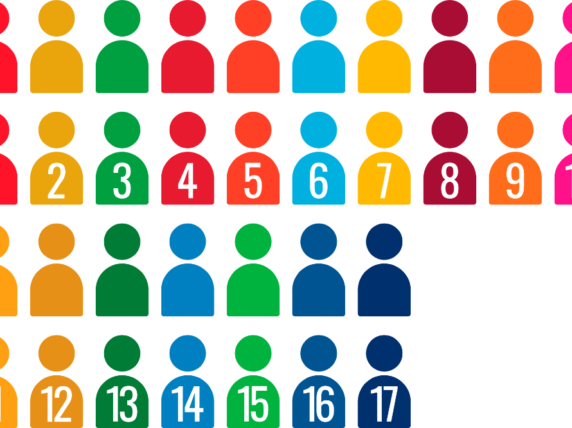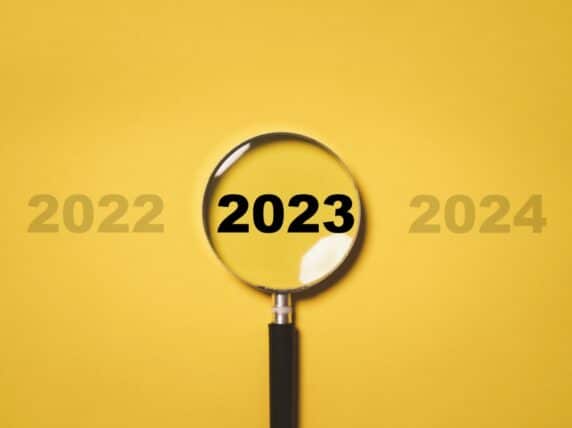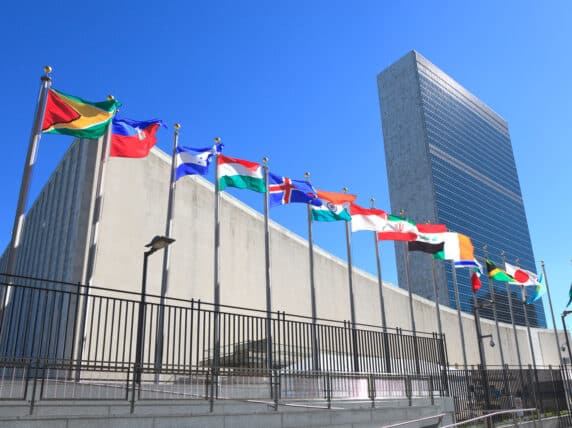Is it too late for the UK government to meet its commitments on gender equality by 2030?
The Sustainable Development Goals (SDGs) were agreed in 2015. Technically, we should be at the halfway point to achieving them.
But even though activists and civil society organisations have been setting out actionable and tangible steps for change, we couldn’t be more off track from meeting the 2030 deadline.
This is particularly true for Goal 5 on gender equality which, in addition to being a vital standalone priority, is an integral and catalytic part of the whole SDG Agenda. The impact of Covid-19, climate change and rising insecurity combined with a retreat from multilateralism and decisions to cut funding for development have thwarted progress on all 17 SDGs, but particularly Goal 5.
With just eight years left to meet its commitments to achieve gender equality and implement the SDGs, has the UK government missed its opportunity?
How have Covid-19, climate change and conflict impacted gender equality?
The short answer is exponentially. The UN estimates that 47 million women and girls have been pushed into extreme poverty as a result of Covid-19. The pandemic has cost women an estimated USD 800m in lost income; women’s unpaid and community work has increased; and all types of violence against women have intensified. As with all crises, this has been felt most by marginalised women and girls.
Multiplying the impact of Covid-19, climate change continues to exacerbate the challenges that women face in realising their rights. For example, a lack of land rights for women limits their opportunities to participate in, contribute to and benefit from environmental policies and programmes. The impact of long droughts and heavy rain increases girls’ vulnerability to violence as deforestation has meant that they must travel further to obtain firewood for fuel.
Climate change, Covid-19 and violence against women and girls are happening everywhere, but the effects are worst felt in fragile and conflict-affected contexts. This includes the conflict in Ukraine, which has had a devastating impact on women and girls directly in these areas. The rising price of fuel, oil and wheat has increased insecurity where there is already a high level of instability. Unfortunately, in the landscape of 2022, it looks like these global shocks are here to stay.
Has the UK government mitigated any of this long-term damage?
The UK government has, in previous years, championed the rights of women and girls on the global stage including by acting as the “penholder” on women, peace and security at the UN Security Council and setting up the Gender Equality Advisory Council during the 2021 UK G7 presidency.
Subscribe to our newsletter
Our weekly email newsletter, Network News, is an indispensable weekly digest of the latest updates on funding, jobs, resources, news and learning opportunities in the international development sector.
Get Network NewsHowever, it’s a shame tangible examples of the UK’s leadership on both the SDGs and gender equality are few and far between, and often underfunded and short-term. This suggests that while the UK government has the capacity and tools to respond effectively to these challenges, the changing global landscape alongside a lack of prioritisation and political will has led to gender equality being sidelined.
Decisions taken by the UK government have in fact worsened these crises, causing long-term damage and making the chances of achieving the SDGs feel even less plausible. In 2021, in the midst of the Covid-19 pandemic, the UK government reduced its UK aid budget by £4.5 billion. Of this £4.5 billion, over 40% of funding (£1.9 billion) was directly cut from gender equality projects, which completely undermined the UK’s commitments to SDG5. This decision was made with no civil society consultation and its disproportionate impact on women and girls was devastating.
It’s time the UK government put gender equality at the heart of its approach to achieving the SDGs – here’s how
The UK government’s International Development Strategy was published in May. While this set out a clear commitment to women and girls, the strategy failed to integrate gender equality throughout. This risks siloing efforts and opportunities to tackle the root causes of gender equality and effectively respond to the disproportionate impact of global health crises, climate change and conflict on women and girls.
Taking a siloed approach is problematic. Not only are women and girls are disproportionately impacted by all crises, but they are experts in designing and driving forward effective solutions and responses. The UK government must take a consultative, integrated and holistic approach to gender equality if it is to achieve both SDG5 and the 2030 Agenda as a whole.
There is still space for change. This year is a unique one for the UK government, with its Women and Girls Strategy and new Action Plan on Women Peace and Security due to be published in the coming months. They provide an opportunity for the UK government to set out an ambitious, coherent and synchronised plan for achieving gender equality. To reach their SDG commitments, the UK government must:
- Fund work on gender equality and women’s rights organisations: Guarantee funding for gender equality and the rights of women and girls, including by increasing the provision of accessible, and flexible long-term funding for women’s rights organisations.
- Listen to and partner with women: Meaningfully engage with women and women’s rights organisations to support solutions driven forward by their experiences and expertise.
- Invest in evidence and data: Invest in unofficial data sources to ensure progress on gender equality leaves no one behind.
Women’s rights activists and organisations are providing viable alternative solutions for recovery that can sustainably address the systemic inequalities the pandemic, climate change and ongoing conflict have exposed. Now is the time to listen to these solutions and put them at the heart of recovery to achieve SDG5.
Without gender equality, we have no chance of meeting the SDGs by 2030. This is a final opportunity for the UK government to prioritise a holistic integrated approach to gender-transformative change. The clock is ticking.
Read Bond’s full report on actions for the UK government for SDG implementation here:The UK’s global contribution to the Sustainable Development Goals 2022.
Join Bond’ssession, Will the Sustainable Development Goals really “transform our world”? at The Power in Development Conference which will take place, online, on 12-13 September. Book your tickets now!
Category
News & Views



